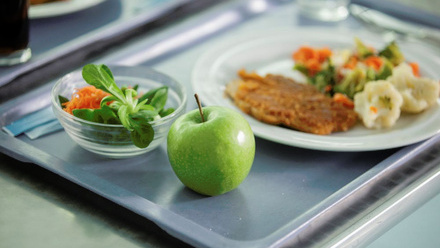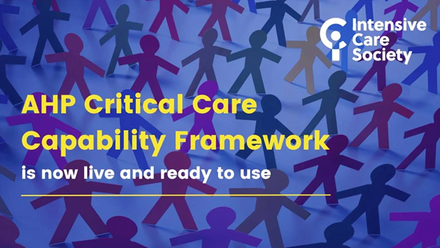It is common to find it difficult to eat after critical illness and to maintain a healthy weight. These pages tell you more about these problems and contain tips to help you. Click each of the questions below and find out more.
This information forms part of advice on "Nutrition and recovery after critical illness’, so also see the ‘Nutrition when at home’ and ‘Nutrition in the hospital’ information.
Introduction
Many aspects of your life can be affected after being critically ill, and this includes how your body feels and how you are eating. It may be that you find eating more difficult than before and you may feel worried or low because of your difficulties.
Often, these problems get better as you get stronger, but you may need some help or advice while this is happening. This information sheet looks at common problems around eating after critical illness and gives you tips about what may help.
This information sheet is part of a series about nutrition and recovery after critical Illness. The other information sheets look at nutrition when in hospital and when you get home. Nutrition is the term used to describe what you eat or drink to give you energy and other nutrients to help your body recover and stay healthy.
Having this information may help you to understand more about nutrition, how it can help your recovery and overcome any difficulties with eating after your critical illness. We hope it will help you and your family, but if you have any particular nutritional questions or worries about your eating or weight, please ask your doctor for help or see if they can refer you to a dietitian. A dietitian is a registered health care professional who advises about nutrition for health and during illness.
You can check how healthy your current weight is for your height on the NHS website.
There are also very good self-screening tools to use to check whether you should be worried about how your low weight or poor eating may affect your health from the Patients' Association and British Association of Parenteral and Enteral Nutrition.






